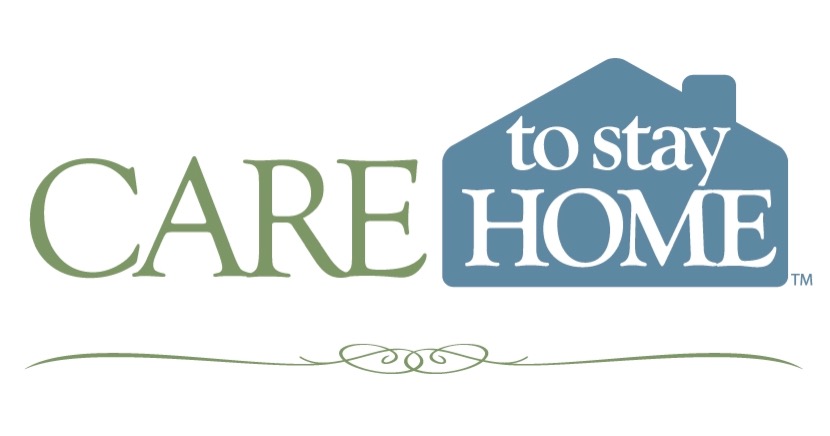07 Feb Medication Safety for Seniors
Medication safety for seniors is an important topic that must not be overlooked. As we age, our bodies become more sensitive to the effects of medications, which can put us at risk of adverse reactions and serious health issues.¹ This is why it’s essential to take the necessary steps to ensure medication safety for seniors.
We’ll look at some tips that can help older adults stay safe with their medications. By following these tips, seniors can enjoy the health benefits of their medications while avoiding any potential risks.
Know What Medications You’re Taking
When it comes to medication safety for seniors, one of the most important things you can do is know what medications you are taking. This includes all prescription medications, over-the-counter medications, and dietary supplements.²
Other steps to take are:
- Keeping a list of all your medications, including dosages and frequencies, is a great way to keep track of them. Your doctor or pharmacist should be able to provide you with this information.
- Make sure you understand why you are taking each medication and the purpose it serves. Ask your doctor or pharmacist any questions you have about your medications, such as how they work and when they should be taken.
- Let your doctor or pharmacist know about any allergies you may have so that they can make sure that the medications you are prescribed will not cause an allergic reaction. New allergies can occur at any time, so make sure the list is updated.²
- Finally, it is important to make sure that your doctor or pharmacist has your complete and accurate medical history so that they can identify any potential medication interactions.
Keep Track of Your Medications
It is important to keep track of the medications you are taking in order to make sure you stay safe. Make a list of all the medications you are currently taking, and be sure to include their dosage information. You should also include all the over-the-counter medicines and vitamins you may be taking. Keeping this list with you at all times will help remind you to take your medications and will be helpful to your doctor if they need to review what you are taking.
You should also keep track of when you take your medications. A good way to do this is to use a pill organizer, which is a container that can hold all your medications for the week and help keep track of when you need to take them. You can also set alarms on your phone or use a calendar to remind yourself when it is time to take your medication.
Finally, make sure that you know how long you have been taking each medication. Knowing this information can be useful in case of an emergency, as well as being able to discuss with your doctor when it is time for a change in dosage or medication. Keeping track of your medications is a great way to stay safe and make sure you are getting the best results from your treatment.
Understand the Side Effects of Your Medications
Medication safety for seniors involves understanding the potential side effects of the medications seniors are taking. It’s important to know what the possible side effects are so you can look out for them and recognize if something isn’t quite right.
You should also tell your medical provider about any other medications or supplements you’re taking, as some can have adverse reactions when taken together.²
Medication side effects can be mild or severe. Talk to your doctor or pharmacist if you’re experiencing any new symptoms at any point while taking a medication.
It’s also important to watch out for signs of an allergic reaction, such as difficulty breathing, swelling in the face, or a rash. If you experience any of these, seek medical help immediately.
Follow the Instructions on How to Take Your Medications
Medication safety for seniors is a vital concern for both seniors and their caregivers. It is important for seniors to take their medications exactly as prescribed by their healthcare providers. They should read the labels and instructions carefully and ask any questions they may have. Seniors should never change doses or stop taking medications without consulting with their doctor first.
It is important to understand the time of day to take the medication and whether it needs to be taken with food. If a medication needs to be taken with food, it is best to take it with a meal or snack, as this will help absorb the medication more effectively.
Additionally, it is important to find out if a medication has to be taken at the same time each day or if it can be spread out throughout the day.
Keeping track of medications is confusing for anyone, and seniors should use a medication chart or calendar that lists when, how much, and in what form they are supposed to take each medication. It is also helpful to set reminders or alarms that remind them when it’s time to take their medications.
Store Your Medications Safely
Storing medications properly can help reduce the risk of an accidental overdose, a mix-up of drugs, or the exposure to other harmful substances.¹
Here are some tips to help you store your medications safely:
- Keep all medications in their original containers and store them in a cool, dry place that is out of reach of children and pets.
- Check expiration dates on medications regularly and discard any expired or no longer needed medications.
- Do not keep expired or no longer needed medications in the same containers as current medications.
- Do not share your medications with others.
- Avoid storing medications in bathrooms, where they may be exposed to moisture and extreme temperatures.
- Have a plan in place in case of an emergency, such as a fire or natural disaster. Make sure all family members know where the medications are stored and how to access them in an emergency.
- Have regular conversations with your healthcare provider about the medications you are taking and any changes to your dosage or routine.
By following these tips for medication safety for seniors, you can help ensure your medications are stored safely and securely.
Spokane Care to Stay Home Can Help
For seniors who may need assistance with personal care such as medication administration, as well as other activities of daily living, Spokane Care to Stay Home can be a vital resource. Our team of dedicated Care Managers are ready to assist your loved one, bringing security and comfort to the entire family.
Sources:


